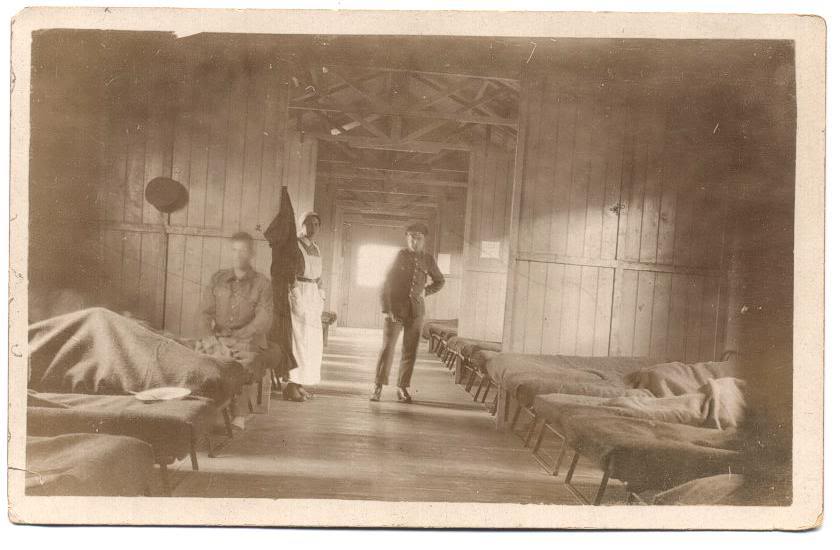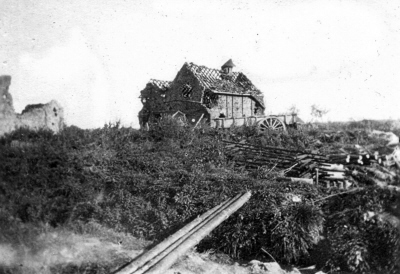Eric William Scarlett Faulkner
Eric William Scarlett Faulkner was born in London in 1898. In the 1901 census his father’s occupation was recorded as a ‘bespoke bootmaker’ and the family lived on Molton Street, near Bond Street. Ten years later the family had managed to move out of London into a house in Surrey. Eric then joined Westminster School in Ashburnham House in 1912, and became a non-resident King’s Scholar the following year. At school he attended the debating society, commenting on the motion ‘That this House deplores that Commissions in the British Army should only be granted after service in the ranks, or after a course at Woolwich or Sandhurst’ – querying whether ‘obedience was more fully learnt at school or in the ranks.’ Eric must have been very gifted academically, as he was joint Mure Scholar and elected head to Christ Church, Oxford in 1916.
Eric did not take up his place at Oxford and instead joined the army, not as an officer, but as a private in the London Rifle Brigade. The Elizabethan notes that ‘this was his own choice, dictated by the feeling that in his case this would be the best way to learn the work. It was characteristic of his fortitude and common sense.’ Eric was later posted to the Artists Rifles as a rifelman and was sent to France on 8th November 1917. He was wounded in action at Aveluy Wood and died two days later at the 3rd Canadian Stationary Hospital at Dovelleris of his injuries. He was 19 years old.

